The Depressing Reason Why Loki’s Sacrifice Means Nothing
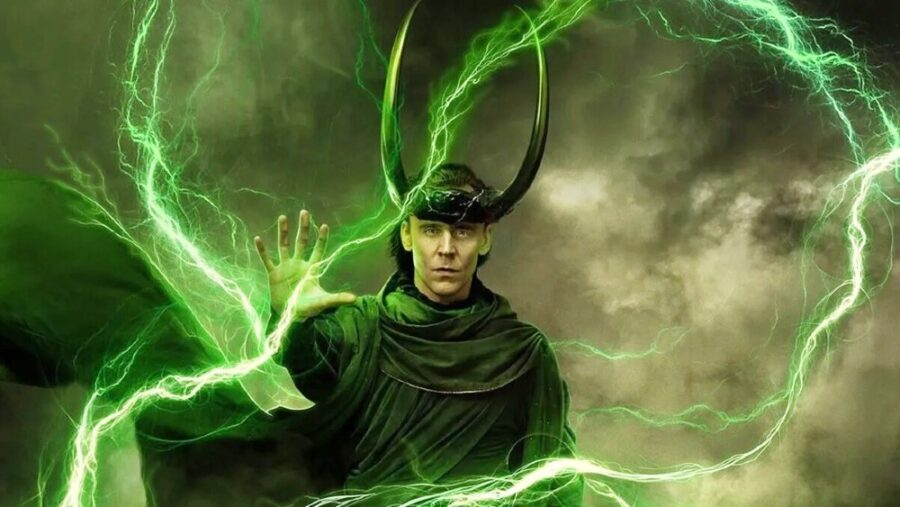
The Marvel TV shows on Disney+ have proven to be largely hit or miss, and we’ve been hit fairly recently with some high-profile stinkers such as Secret Invasion. Fortunately, Loki’s second season managed to stick the landing, and that’s largely thanks to the tragedy of its ending: Loki effectively replaces He Who Remains, living in isolation at the end of time to keep the multiverse alive. Fans praised the ending for showcasing the trickster god’s character growth, but the truth is that the combination of loose Variants and the timey-wimey effects of the Temporal Loom effectively render Loki’s sacrifice meaningless.
Loki Finally Gets His Throne
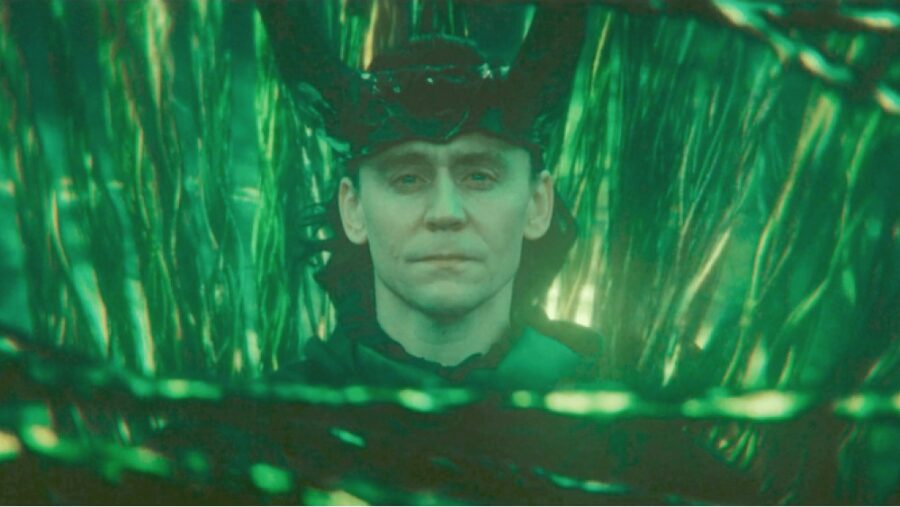
When the Loki series first began, its biggest narrative hurdle was getting audiences to root for someone who was once a sneering and very dangerous villain. Sure, Hiddleston’s good looks and pervasive charm helped to pave that road, but this is still a character who drilled eyes out and committed mass murder in the first Avengers film just to gain more power. That character would have done anything to rule upon a throne, and that’s part of the tragedy at the end of Loki’s second season: the title character finally has his throne, but he is effectively immobile and isolated from his friends.
Loki Variants
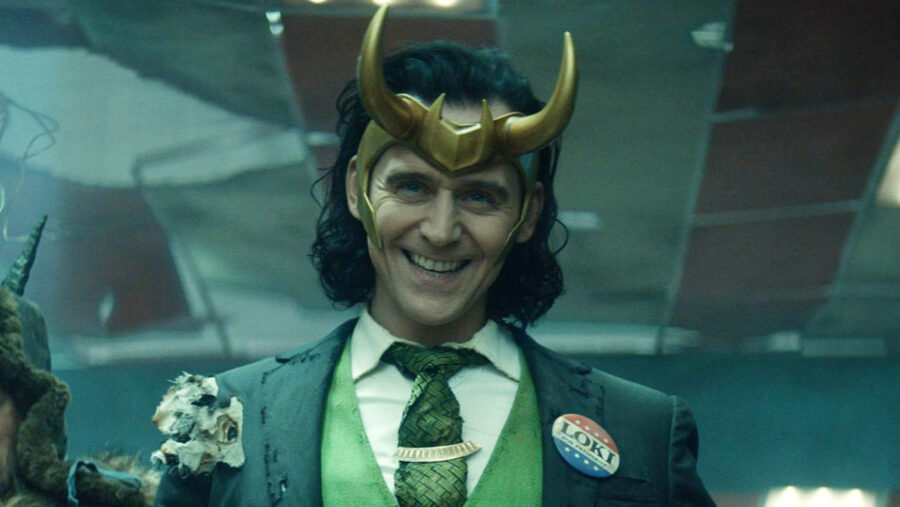
We are meant to see this as a major sacrifice, and the Loki second season finale certainly feels like a series finale because it seems like we won’t see Loki again. Rather, we won’t see this version of Loki: the first season alone showed us several entertaining Loki Variants, and our Loki’s preservation of the multiverse means countless more are out there. Whether fans are ready to admit this or not, the next time a Marvel script calls for Loki, we’ll just get a lazy story explaining the existence of a Variant that is magically almost exactly like the one audiences know and love.
Depending on which Loki fans you talk to, the Variant we get may be exactly the same.
Marvel’s Next Big Bad…Again?
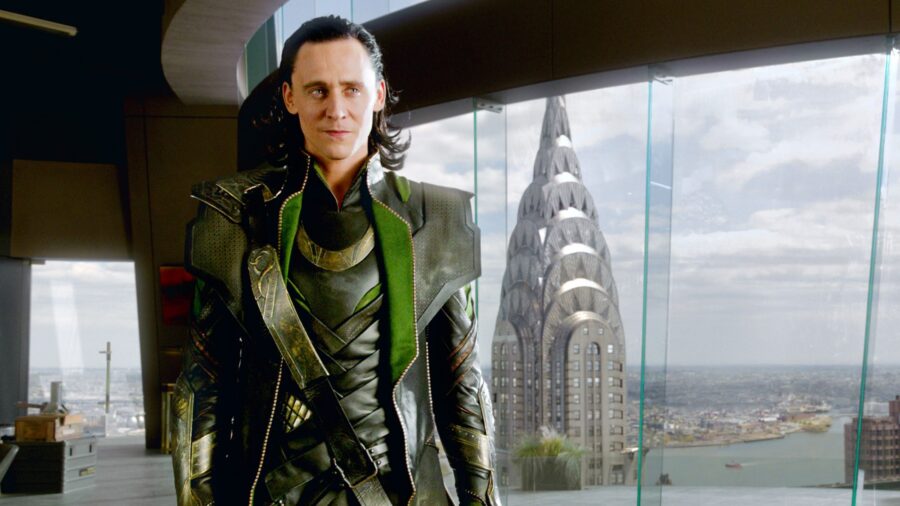
Everything having to do with the Temporal Loom and the multiverse was poorly explained, and in spite of this (or perhaps because of this), some fans think Loki’s sacrifice brought the past Loki from Endgame back to life by restarting the multiverse from a certain point. This is, of course, the exact same Loki from the beginning of this show, but if he never ends up having any wacky adventures with the TVA, he might be an unreformed villain who could be a suitable replacement for Kang as Marvel’s next Big Bad.
The Long-Running Loki Is Dead
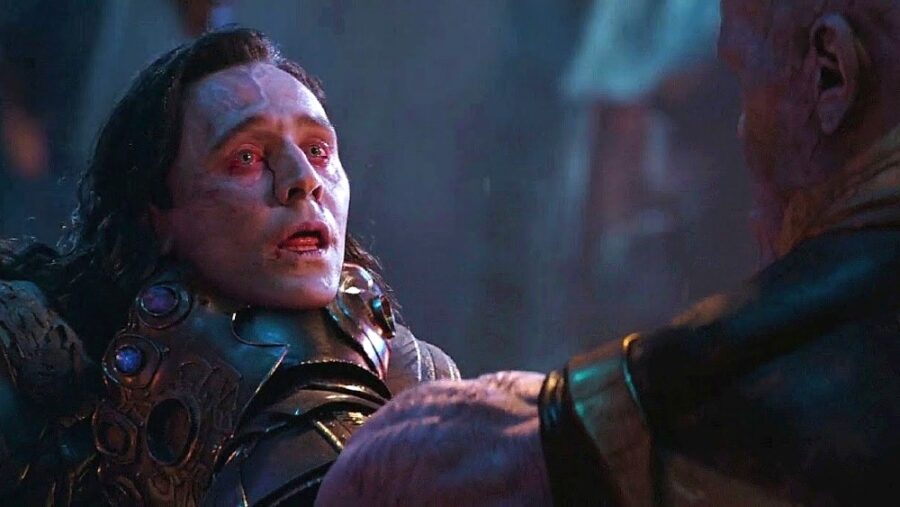
Speaking of Endgame Loki, this is probably the point where annoyed fans question whether Marvel could really make us care about a new Loki the way we cared about the old one. However, this already happened: the entire Loki series has focused on the escaped Endgame Loki, with the original still getting killed at the hands of Thanos. That choked-out Loki is someone we got to know over the course of eight long years, but the new Loki has been on a speedrun to win audiences over.
A Sacrifice For Nothing
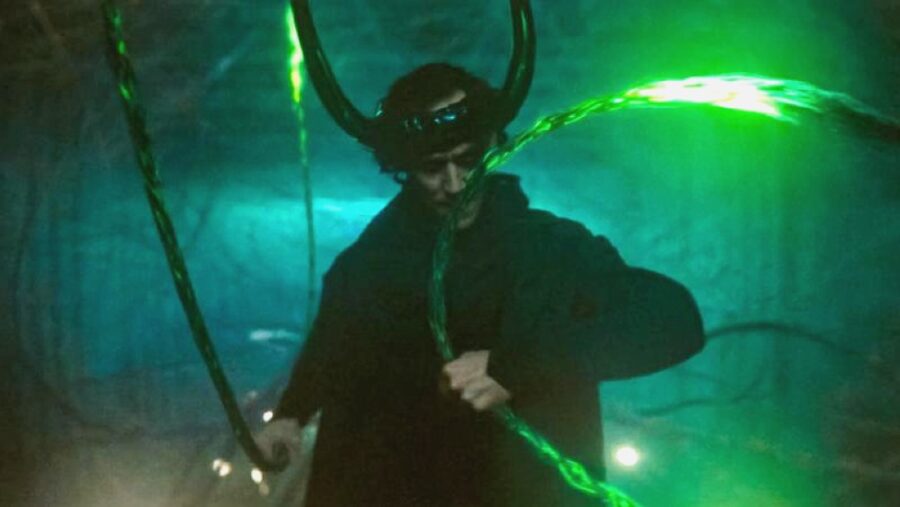
It only took a little over two years comprised of 12 episodes to get fans to care about the new Loki even more than they cared about the old, and if Marvel really wants to put the god back into play, it might take even less time and effort to make fans gaga over a third version of everyone’s favorite god. Don’t get us wrong–we’d be happy to get more of Hiddleston in this iconic role. But we can’t shake the feeling that this Loki’s big sacrifice will be about as permanent as the last one’s was, and Miss Minutes is probably counting the seconds until we see the trickster back in action.












